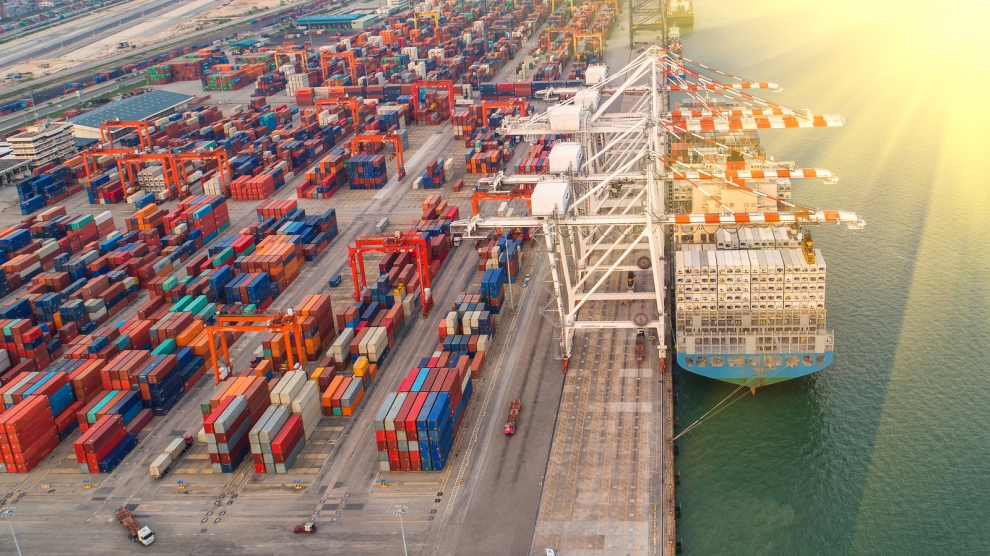Advanced economies remain the global leaders in trade logistics, finds Connecting to Compete, a new World Bank Group report. Across the board, most countries have pursued logistics-related reforms and investments to build infrastructure, facilitate transportation and trade, or develop modern services. Despite this progress, the sixth edition of Connecting to Compete reveals a mixed picture. High-income countries score, on average, 48 per cent higher than low-income countries when it comes to logistics performance.
“Logistics services are the backbone of international trade,” explains Caroline Freund, director of the World Bank Group’s Macroeconomics, Trade and Investment Global Practice. “Good logistics reduce trade costs, but supply chains are only as strong as their weakest link. For developing countries, getting logistics right means improving their infrastructure, customs, skills and regulations.”
Connecting to Compete, which contains the Logistics Performance Index (LPI), is a bi-annual report that scores 168 countries on how efficiently supply chains connect firms to domestic and international opportunities. The 2018 LPI highlights emerging concerns with the resilience of supply chains, their environmental footprint, and the need for qualified workers.
High-income countries that are dominant players in the supply chain have ranked highest in logistics performance. Countries that rank lowest tend to be those that are low-income, isolated, fragile, or facing conflict or unrest. Among the lower-middle-income group countries, large economies such as India and Indonesia and emerging economies such as Vietnam and Cote d’Ivoire stand out as top performers.
While worldwide Germany has the highest LPI, the aggregate results for emerging Europe for the years 2012-18 are mixed bag. Nine countries make the top 50: Czech Republic (26th); Poland (31st); Hungary (32nd); Estonia (36th); Slovenia (39th); Lithuania (43rd); Slovakia (47th); Croatia (48th); Romania (50th).
These are followed by Latvia (55th), Bulgaria (57th), Serbia (68th), Ukraine (69th), Bosnia (78th), Montengro (94th), Albania (98th) and Macedonia (99th) are all within the first 100, while Belarus (110th), Moldova (113th), Armenia (116th) and Azerbaijan (123rd) all lag behind. Georgia, down in 124th place, has emerging Europe’s lowest Logistics Performance Index (Kosovo is not included in the ranking).
“With international trade becoming more dispersed through global value chains, good logistics are more important than ever. Small disruptions to a supply chain can spread rapidly to other countries and regions,” says Christina Wiederer, economist with the World Bank Group’s Macroeconomics, Trade and Investment Global Practice and report co-author. “Connecting to Compete and its Logistics Performance Index help governments understand the link between logistics, trade, and growth, and what policies are necessary for success.”
Connecting to Compete and its Logistics Performance Index are tools created to help governments benchmark their progress on trade logistics across key criteria, including the quality of trade-related infrastructure, the price of international shipments, logistics competence and quality, and the frequency with which shipments reach their destination on time. Published biennially since 2007, the report uses both qualitative and quantitative measures to compare logistics friendliness across more than 160 countries.






Add Comment